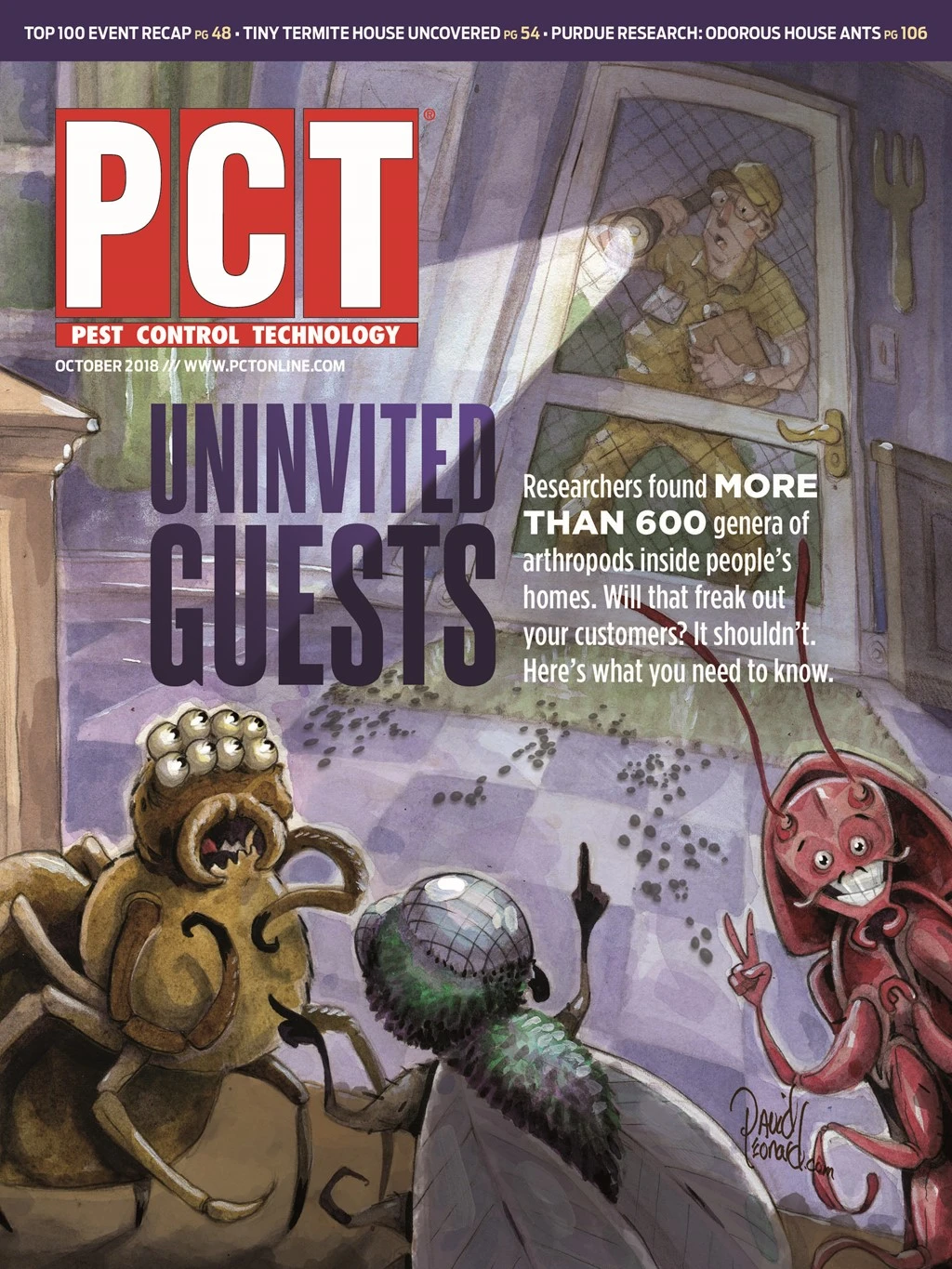
By Brad Harbison
What happens when 45 employees quit on the same day? Attendees of this year’s NPMA Academy found out from Kristen Hadeed, who as an undergraduate student at the University of Florida founded Student Maid, a successful cleaning company that employs primarily college students.
Not long after Hadeed started her business she landed a contract to clean 800 student apartments, so she had to scramble to find employees. Hadeed was able to hire 70 students, but she did not provide these workers with much training, and she provided few insights as to what the jobs entailed. The end result was that 45 employees came to her house en masse and quit. One of the 25 workers who did stay suggested Hadeed coax the other workers back with “pizza and a paycheck.” It worked. Moreover, Hadeed rolled up her sleeves and joined cleaning teams. “It helped them see me as a human,” she recalled.
Following this and other experiences, Hadeed realized her business would not succeed unless she did more to create a culture where employees could “learn and grow into leaders.” She then provided attendees with thoughts on what leaders can do to create a winning environment.

Encourage empowerment — When an employee comes to a leader with a problem, the easy thing for the leader to do is solve it themselves. A better approach, Hadeed said, is to ask that employee to come up with two possible solutions. “If they can solve that problem themselves, it gives them tremendous pride,” she said.
Provide feedback — Hadeed said it is important for leaders to provide good and bad feedback and she uses the “FBI Method,” which stands for Feeling, Behavior, Impact. The “FBI Method” was created by Bob Chapman, CEO of Barry- Wehmiller, as a simple test to get to the root of confrontation. “How did you feel when this person did whatever it was they did? What was that specific behavior that upset you? What was the impact of this behavior?” Hadeed said this method “is a way of getting feedback that inspires those who are doing great things to keep doing great things, and it inspires [lower performers] to change their negativity.”
Build relationships — A good leader will “check in” with team members and show concern about their personal lives. “No one can just drop what happens in their life and work, especially if it is something traumatic like a divorce or death in the family,” Hadeed said. One way leaders can make a personal connection with their team is by sharing how something in their personal lives shaped them. As her company grew, Hadeed said it became difficult to check in with all of her team, so she checks in with her executive team and her expectation is that they do check ins with everyone they oversee.
Make investments — Hadeed encourages leaders to identify peoples’ skills and help them develop those gifts by investing in them. Hadeed reminded attendees that while it can be discouraging to invest in people who might soon leave, “What if you don’t invest in people and they stay?” She added, “I realized that watching people grow professionally is the main reason I get up in the morning.”
The author is Internet editor of PCT.
WANT MORE?
Enter your email to receive our newsletters.

Explore the October 2018 Issue
Check out more from this issue and find your next story to read.
Latest from Pest Control Technology
- Pest Control Consultants Acquires EcoGuard Pest Control
- Pest Index Increased 9 Percent YOY in February
- PPMA Releases 2024 Annual Report Themed 'Leveling Up Awareness, Growth and Impact'
- Good News Pest Control Acquires Walsh Pest Control
- Aruza Pest Control Appoints Justin Bellet as Chief Operating Officer
- Black Ownership Matters Establishes Wayne Golden Leadership and Action Scholarship
- Researchers Identify New 'Family Tree' of Termites
- Senske Family of Companies Acquires Huron Pest Control






